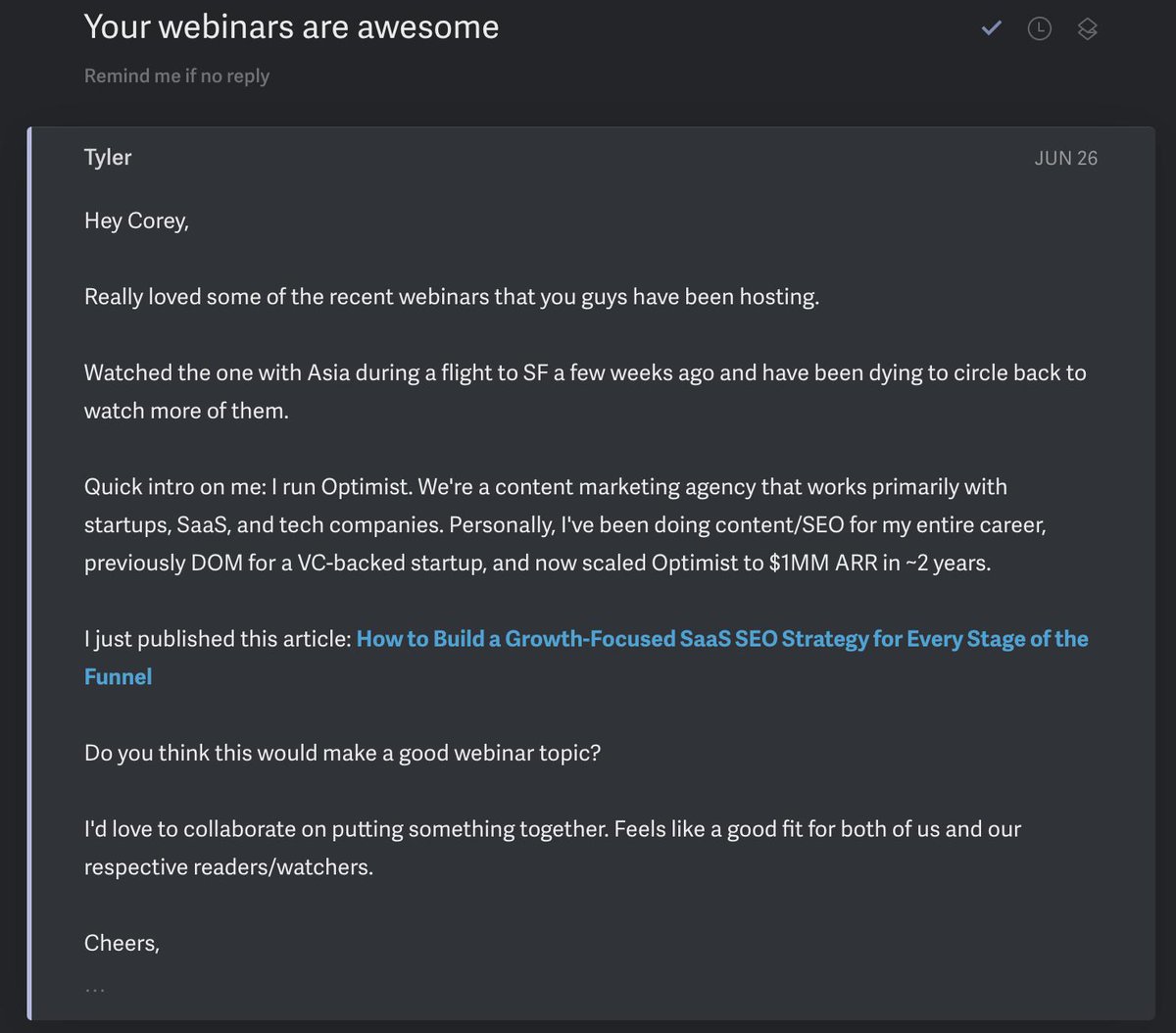A: Work for a startup for a few years and learn.
Lots of startups get stuck
before they get to Product-Market-Fit.
What would be the reasons?
Here are some, I see on a daily basis. They are related to issues with founders or market (in no particular order):
A: Work for a startup for a few years and learn.
A: Idea validation failure
A: If you are deep and know you are at the same league as in Steve Jobs, this makes sense
A: Spend month(s) on the problem and not on the solution.
A: Cocreate the product with a set of dedicated users or customers.
A: Co-create the product with friendly customers. At least 5 in enterprise and a group of 100+ in the consumer category.
A: Understand market sizing/TAM. If I have to guess, more than 50% fail here.
A: Understanding how angels and VCs think of categories and investment. U can always do frustrated tweets saying "VCs don't get it"...
A: Very common mistake. Spend 24 hours on Google and you will find every competitor. Benchmark them before you jump on your product.
A: Most of the founding team come together based on friendship rather than competency. In addition to friendship, there should be a massive respect for competency between each other.
















